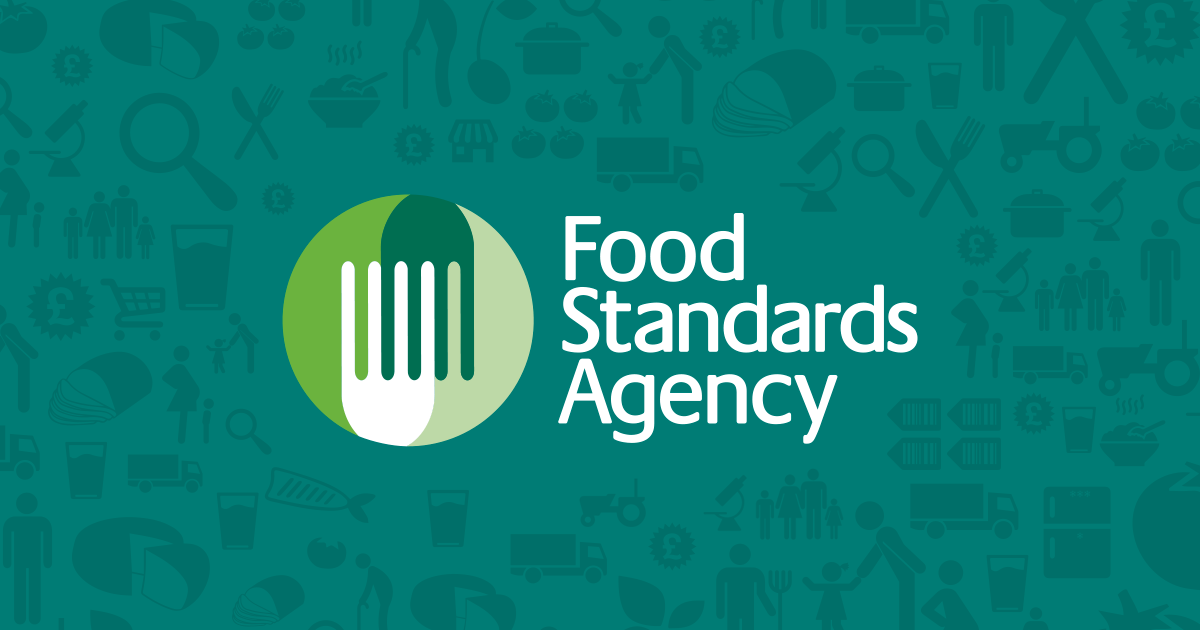Following a rise in cases of Salmonella linked to poultry products imported from Poland, the FSA is reminding consumers of its safe handling and cooking advice.
The Food Standards Agency (FSA) along with Food Standards Scotland (FSS) and the UK Health Security Agency (UKHSA) is reminding consumers to take care when handling and cooking poultry products at home, including chilled and frozen chicken and turkey drumsticks, breasts, thighs and chicken pieces. This is because of a recent rise in cases of food poisoning caused by Salmonella Enteritidis linked to poultry products imported from Poland.
Our advice is to:
• Follow cooking and storage instructions on the product label, including the cooking time and temperature. This is important to ensure that the food is safe when consumed.
• Use or freeze products by their use-by date.
• Wash hands thoroughly after handling raw poultry products.
• Never wash raw poultry products.
• Clean all surfaces and utensils with hot soapy water after contact with raw poultry.
• Only reheat cooked and frozen meat once.
An investigation is ongoing into multiple strains of Salmonella linked to poultry products imported to the UK from Poland. There have been over 200 human cases of salmonellosis caused by specific genetic strains of Salmonella Enteritidis that have been linked to poultry products such as meat and eggs, this year.
Tina Potter, Head of Incidents at the FSA said:
”Our advice is to always take care when storing, handling, and cooking poultry products such as chicken, turkey and duck to help reduce the risk of food poisoning to you and your family.
You should always check the cooking instructions on food packaging, as different brands of the same type of product might have different instructions. Cooking food at the right temperature and for the correct length of time will ensure that any harmful bacteria are killed. At the same time, make sure that any surfaces and equipment that come into contact with food are clean to avoid risks from cross contamination and always wash your hands before and after handling food.
A number of the cases have involved the consumption of eggs produced in Poland and used in meals in restaurants and cafes. We are therefore asking local authorities to remind food businesses about the importance of good hygiene practices.”
Further information on Salmonella and food poisoning can be found at Salmonella | Food Standards Agency and on the NHS Choices website.





 Featured Training
Featured Training
OUR MEMBERSHIP
We're here to help make your catering business a success. Whether that be starting up or getting on top of your compliance and marketing. We're here to help you succeed.
Want our latest content?
Subscribe to our mailing list and get weekly insights, resources and articles for free
Get the emails